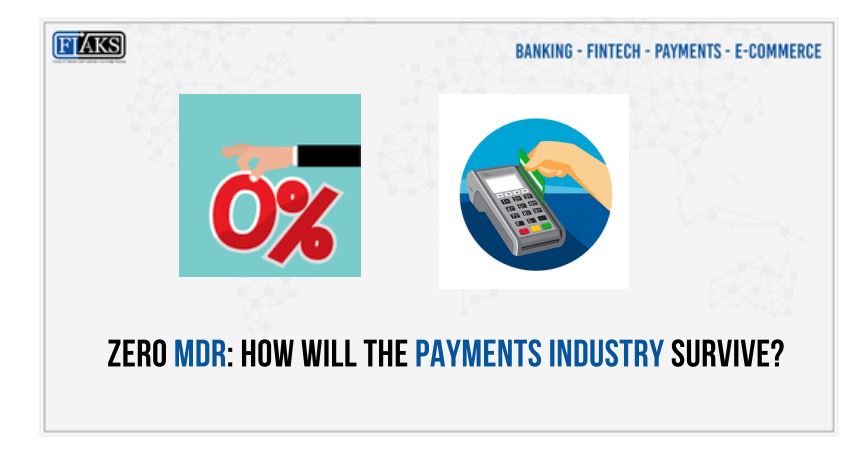Several Founders, Co-Founders, CXO Bankers, CXO Fintech professional & people who participated in the ePanel discussions:
- Mr. Anil Bharadwaj V, Co-Founder & CCO at Payswiff
- Mr. Vishwas Patel, Director Infibeam Avenues Limited, Founder CCAvenue Payment Gateway
- Mr. Narayan Rao, Chief Services Officer, Suryoday Small Finance Bank
- Mr. Deepak Chandnani, CEO, South Asia & ME at Worldline by Atos
- Ms. Saru Kaushal, Country Business Head, Global Corporate Payments at American Express
- Mr. Rishi Gupta, MD & CEO Fino Payments Bank
- Mr. Sony Joy, CEO Chillr
- Mr. Amrish Rau, former CEO PayU India, Naspers Group
- Mr. Naveen Surya, Chairman Emeritus, Payment Council of India
- Mr. Sony A, Head – Digital, South Indian Bank
- Mr. Neeraj Chandra, Head of Operations & Technology, Abu Dhabi Commercial Bank
- Mr. Prasanna Divekar, Former Head NRI Business, Overseas Offices, HDFC Bank
- Mr. Shashank Chowdhury, Former Executive Vice President-Inclusion Initiative, Vakrangee Software Ltd
- Mr. Raghu Veer Dendukuri, Product Owner, Intandemly
- Mr. Rahul Dayal, Former Senior Vice President & Head-Business Solutions Group Liabilities, cards & BI, RBL Bank
- Mr. Kaunain Esmile, Vice President-Country Lead Customer Experience, DBS Bank
- Mr. Manish Jeloka, Former Executive Director Wealth Market Product and Sales, Standard Chartered Bank
- Mr. Rakesh Watal, Senior Vice President, HDFC Bank
- Mr. Avro Mukerji, Investment counselor-NRI Burgundy, Axis Bank
- Mr. Abhishek Mody, Associate Director-Payment & Digital Initiatives, IDFC Bank
- Mr. Raj K Prasad, Head – GCC & CEO, DIFC Branch at Axis Bank
- Mr. P B Prakash, Head-Financial Institutions Group, Indusind Bank
- Mr. Praveen Kumar, Vice President ( Financial Resource, Planning, Technology & New Initiatives) at ACFL Microfinance
- Mr. Viswadeep Chavali, Vice President, Equitas Small Finance Bank
- Mr. Deepak Bhartiya, Chief Manager, Digital Payments ICICI Bank
- Mr. Roopesh Chandran, Director, Business Development, Visa Inc
- Mr. Vikas R Panditrao, Co-founder, Forum of Industry and Academic Knowledge Sharing (FIAKS)
- Many other CEO/CXO Bankers & Fintech professionals on FIAKS Forum requested to remain anonymous
Recently the finance minister announced Zero MDR that is no MDR on merchants and customers. Consequently, an important question burned up among FIAKS community was that, Who is covering the cost or is it that the acquiring bank should bear the cost? First, let’s have a glance at what is Merchant Discount Rate (MDR) :
- MDR charges are levied by the bank providing the card accepting facility to the merchant and are a discounting factor agreed/bargained amongst them (Debit MDR is fixed by RBI though)
- As of today, the MDR is what funds/ sustained the card payment network players acting as a source of funds that they split amongst themselves in the form of interchange income/fees
The following questions were raised up by the members:
Question 1: Is it for offline stores only or for both online and offline?
Question 2: How much will the bank absorb and much will they share with service providers?
In response to this, some members of the community shared their views as follows, Businesses having an annual turnover of over Rs.50 crores shall offer low-cost modes of digital payments such as UPI, Aadhaar Pay, NEFT, RTGS, and no charges shall be imposed on customers or merchants for the same. RBI and Banks will absorb these costs from the savings that will accrue to them on account of handling less cash as people move to these digital modes of payment
An overview of Budget 2019 proposal: [1]
In order to achieve the Government’s mission to move towards a less-cash economy to reduce generation and circulation of black money and to promote digital economy, it is proposed to insert the following sections in Income Tax Act, 1961
- Section 269SU : Every person, carrying on business, shall, provide facility for accepting payment through the prescribed electronic modes, in addition to the facility for other electronic modes of payment, if any, being provided by such person, if his total sales, turnover or gross receipts in business exceed fifty crore rupees during the immediately preceding previous year.
- Section 27 IDB: The failure to provide the facility for electronic modes of payment prescribed under section 269SU shall attract a penalty of a sum of five thousand rupees, for every day during which such failure continues. However, the penalty shall not be imposed if the person proves that there were good and sufficient reasons for such failure. Any such penalty shall be imposed by the Joint Commissioner.
This amendment will take effect from 1st November 2019. Further, it is proposed to make a consequential amendment in the Payment and Settlement Systems Act, 2007 so as to provide that no bank or system provider shall impose any charge upon anyone, either directly or indirectly, for using the modes of electronic payment prescribed under section 269SU of the Income-tax Act. This amendment will take effect from 1st November 2019.
The key highlighting drawback of this proposal is that it does not specify the modes of electronic payment
Here’s how ZERO MDR will take a toll on Payment Gateways:
Register and read more on the discussions

